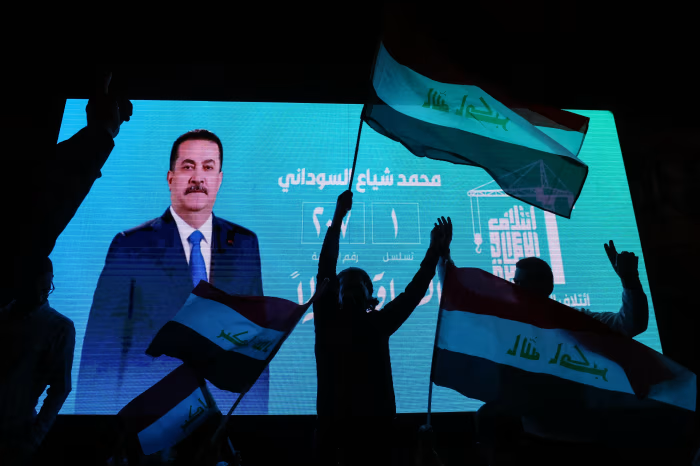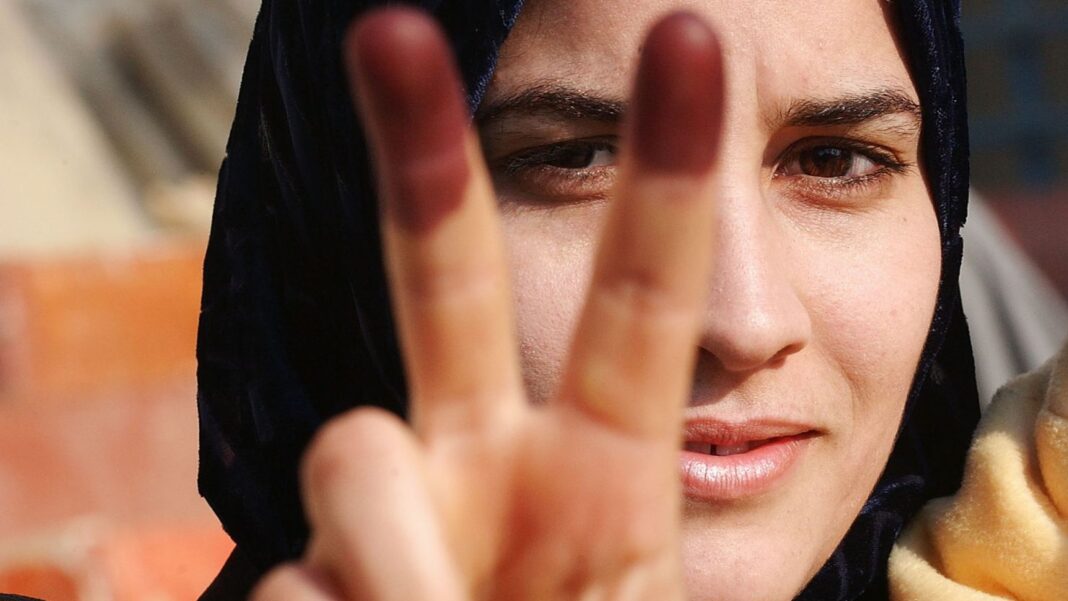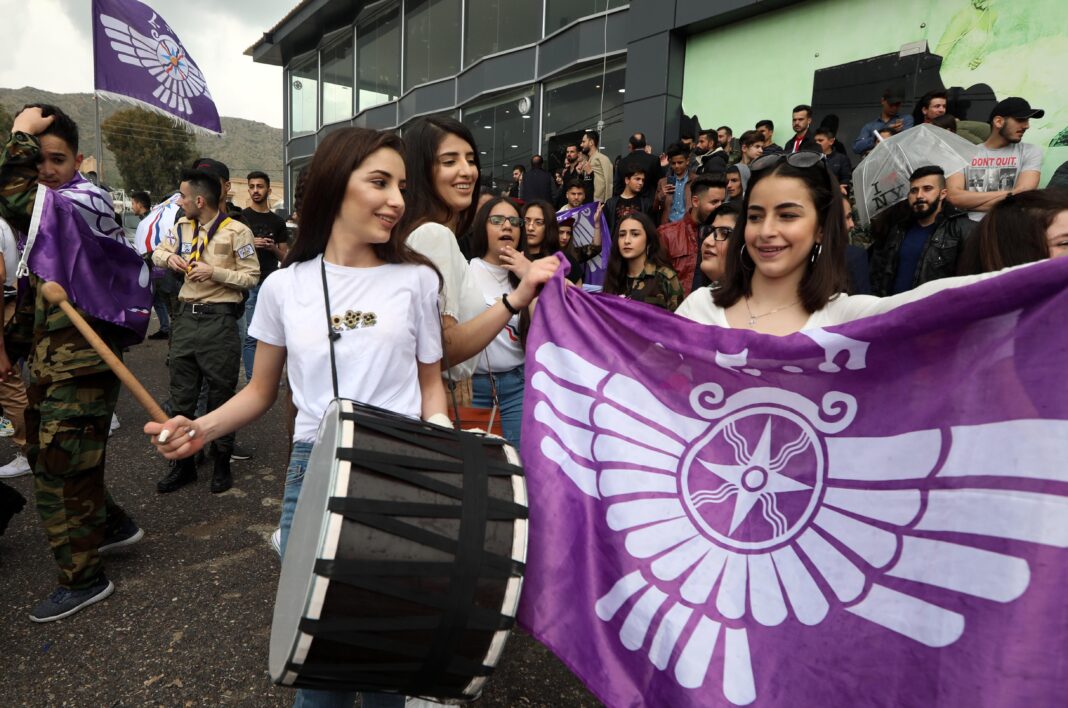Iraq Election Shift defined the political mood on Wednesday as the Independent High Electoral Commission released nationwide parliamentary results. The announcement covered all nineteen provinces and immediately reshaped political expectations. Moreover, the results highlighted shifting support across the Kurdistan Region and the rest of Iraq. Iraq Election Shift now drives new debates about power and representation.
In Erbil, the Kurdistan Democratic Party secured a clear lead with 369,118 votes. The Patriotic Union of Kurdistan followed with 97,301 votes. The Halwest Movement placed third with 63,288 votes. Furthermore, Erbil’s outcome confirmed the KDP as the dominant force in the province.
In Duhok, the KDP again dominated with 413,698 votes. The Kurdistan Islamic Union collected 72,959 votes and ranked second. The Halwest Movement earned 18,314 votes, taking third place. These numbers reinforced the KDP’s influence across the northern border province.
Sulaimani produced a different picture. The Patriotic Union of Kurdistan won the province with 241,022 votes. The Halwest Movement followed with 75,376 votes. The New Generation Movement came third with 69,752 votes. Consequently, Sulaimani’s results strengthened the PUK’s standing in its long-held stronghold.
Kirkuk, a disputed territory, delivered another win for the PUK with 178,629 votes. Taqadum earned 107,016 votes and ranked second. The Iraqi Turkmen Front secured third place with 66,175 votes. These results highlighted Kirkuk’s diverse political competition.
Nationwide results placed Prime Minister Mohammed Shia al-Sudani’s Reconstruction and Development Alliance in first place. Sudani vowed to serve every community, including groups that boycotted the vote. Additionally, Baghdad’s race reflected similar trends. Reconstruction and Development earned 411,026 votes. Taqadum followed with 284,190 votes, while State of Law reached 228,224 votes. The IHEC confirmed a national turnout of 56.11 percent.
The Supreme Court must now ratify the results before any process moves forward. Parliament must hold its first session within fifteen days. During that session, lawmakers elect a speaker, traditionally a Sunni Arab. Within thirty days, they must also elect a president, a position reserved for Kurds.
Afterward, the president tasks the largest bloc with forming the government. The bloc proposes ministers and presents its program to parliament. Approval requires an absolute majority. Iraq often struggles to meet these deadlines because rival blocs negotiate for influence. These disputes frequently prolong government formation and sometimes create unrest.
Iraq closed its sixth parliamentary elections on Tuesday evening. Nearly 7,750 candidates competed for 329 seats. The turnout reached about 55 percent after counting 99.7 percent of ballots. Over 12 million voters participated, including early voters. Early polling included 1.3 million security personnel and more than 26,000 displaced people. Their turnout reached 82 percent. More than 185,000 security staff protected polling stations nationwide, ensuring stable voting conditions. Iraq Election Shift will now shape the next phase of political negotiations.



